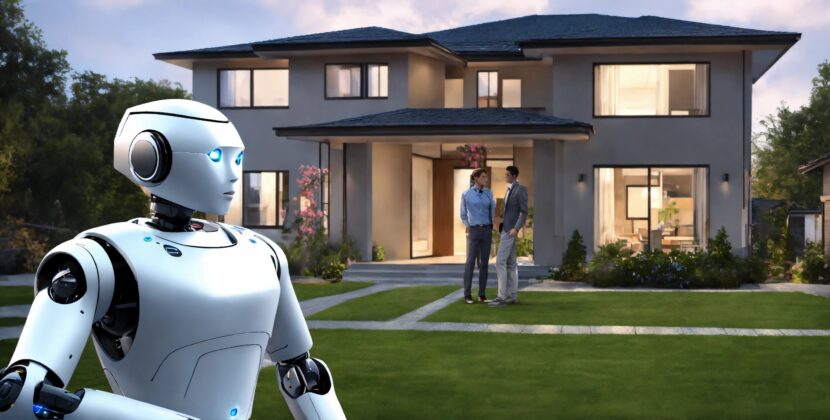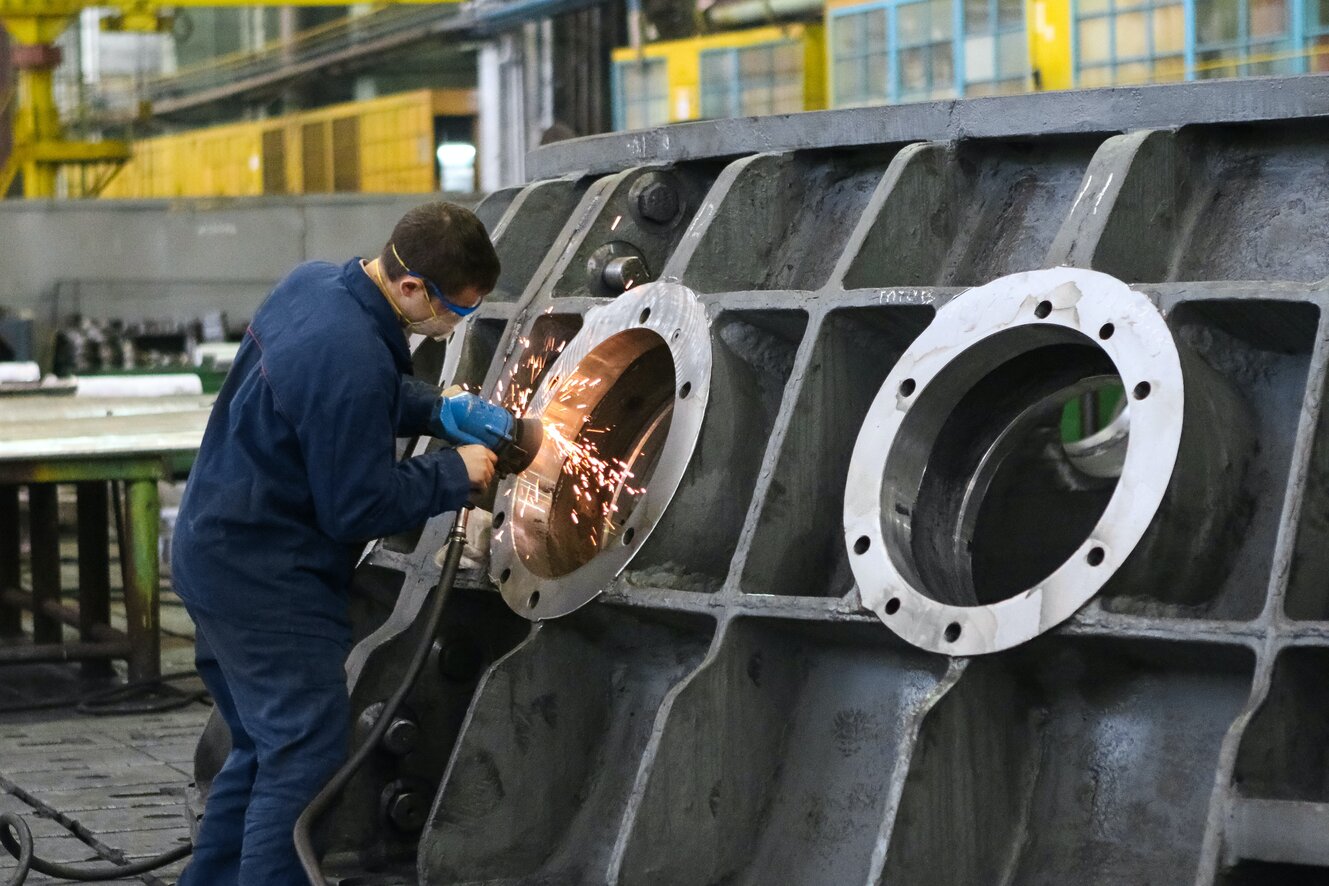
Process design engineers are responsible for directing as well as implementing capital projects of different organisations. They not only design products but also establish the construction method behind the same. These design engineers are entirely accountable for the safety management protocols of all such projects. They plan and devise on cost reducing methods, implementation of lean manufacturing, and determining the main causes behind issues by studying statistical analysis. To work in the field of process design engineering, candidates will require an undergraduate degree in mechanical, electrical, chemical, industrial, environmental etc. engineering. These professionals are required to have excellent communication, technical, as well as project management skills.
Besides technical and other skills, process design engineers need to have impeccable soft skills too – like speaking and writing skills, creative-thinking, and problem-solving abilities etc. These skills will be required for professionals in this field as they keep advancing through their career.
What are the responsibilities of a process designer?
The responsibilities that process design engineers have to mainly deal with are some of the following – –
- Meet up production managers and evaluate current processes
- Perform risk assessment
- Draft processes for cost reduction and improved production
- Design and test process upgrades and newer systems
- Perform optimization tests
- Ensure all processes comply with set quality and safety protocols
- Monitor systems upgrade
- Perform troubleshooting and process simulations
- Develop best practices for ensuring impeccable quality of product
- Develop standard instructions of operations for the upgrades
Career Definition or Future Scope of a Process Design Engineer
Process design engineers are experts in the direction and implementation of capital projects of different organisations. They devise methods to meet project and budget goals. Their primary responsibilities involve the overseeing of continual improvements in organisations.
Process design engineers have the advantage of having skills to work in a varied range of industries – starting from engineering firms, manufacturing companies, to global MNCs. Process design engineering are mostly all full-time desk jobs.
Specific requirements for the role may vary on the basis of the industry of a working professional.
- General duties involve the examination of and approval for design orders, implement or evaluate changes, draw the releases; they collaborate with process tech or operations specialists on packaging and design specifications in order to come up with front-end well-designed packages for controlling project expenses.
- These engineers also sometimes evaluate product services, vendor bids, equipment bids and requirements, as well as coming up with procurement recommendations. They can also interact with customers as well as vendors about design or technical issues. They lead review sessions along with product development professionals to improve the final product.
- Process design engineers can also be responsible for creating and implementing quality assurance methods, such as inspecting and testing processes, products, and equipment. They may spend time on the production floor in order to monitor daily operations.
Now that you know more about what process design engineering stands for, you can make a better career choice regarding this field. Enrol on a program today and get started in this exciting journey with tremendous potential!

Your go-to source for the latest in tech, finance, health, and entertainment, with a knack for distilling complex topics into accessible insights, We deliver timely updates on the ever-evolving landscapes of technology, finance, health, and entertainment








